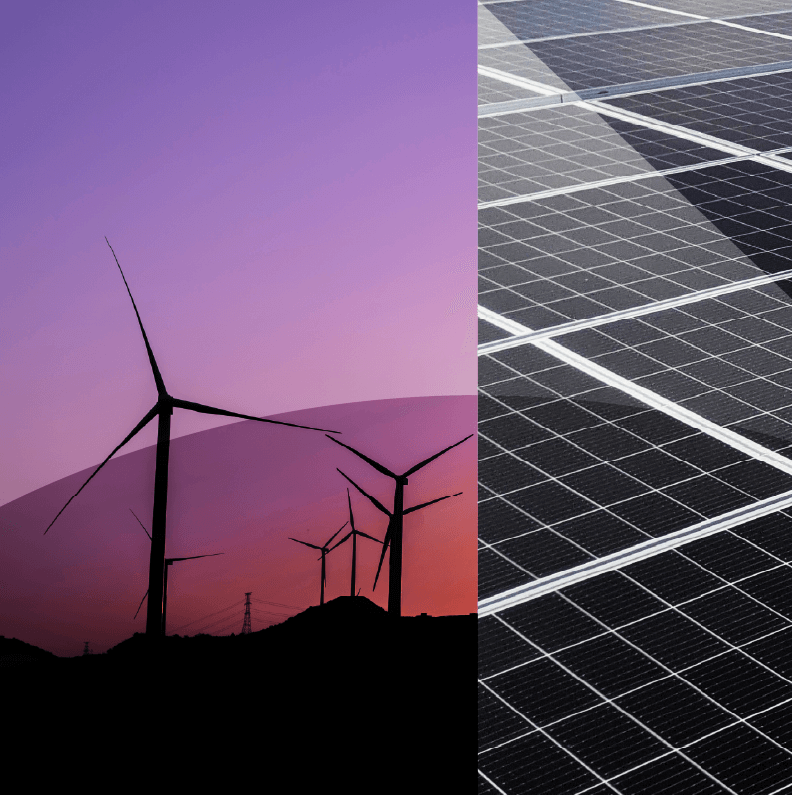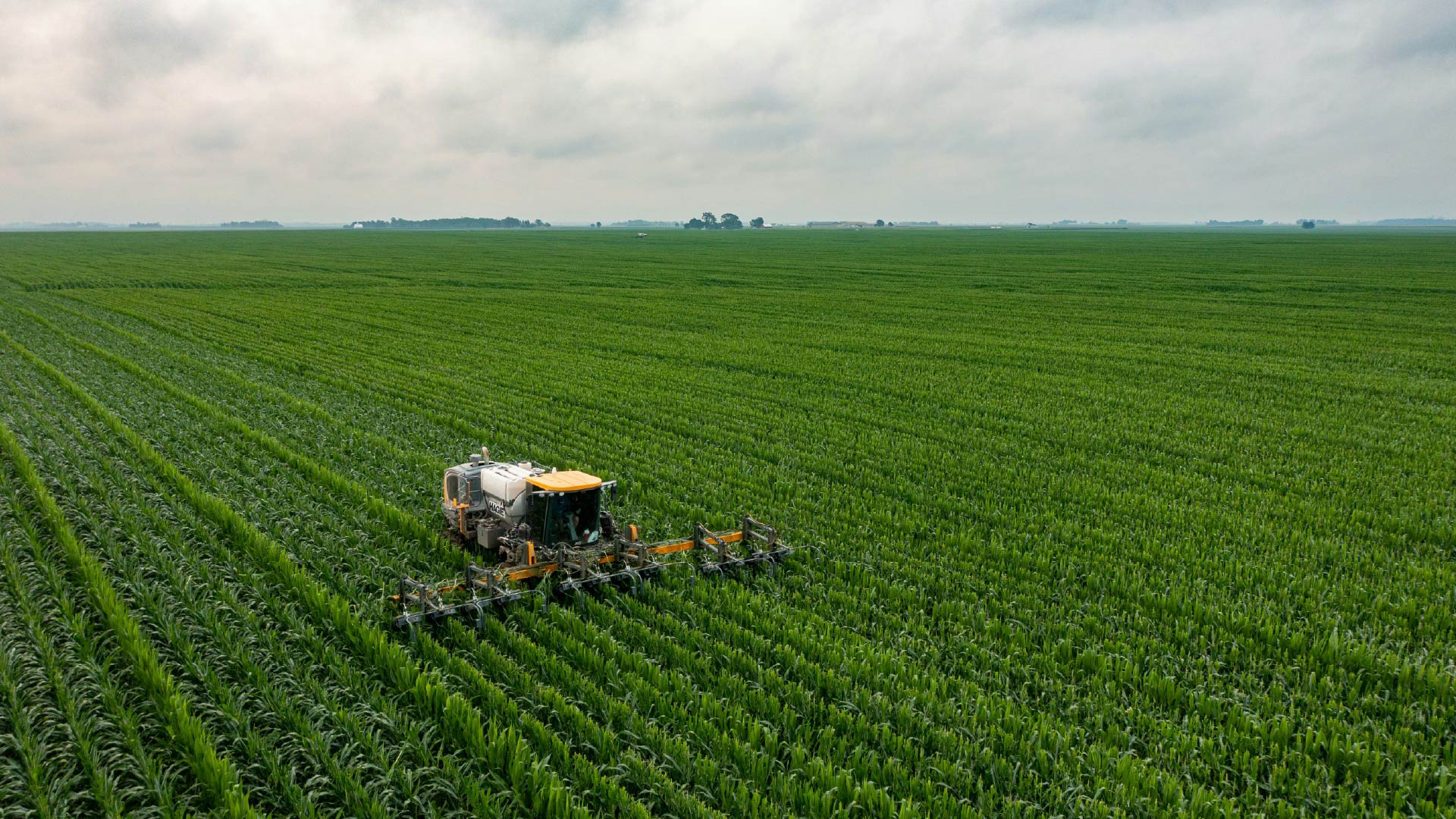EQT To Acquire Majority Stake In AMCS: A Strategic Move In The Waste Management And Recycling Software Market
Annual waste generation is expected to reach 3.4 billion tonnes by 2050. Left unaddressed, the associated costs are projected to reach $640 billion. Reducing waste, therefore, has never been more pressing. To address present and future waste management challenges effectively, systems must be digital, innovative and sustainable.
In line with a Verdantix 2024 prediction in Strategic Focus: Waste Management And Recycling, the waste management and recycling market – for both services and software – has seen heightened investment and acquisition activity across the course of the year.
Most recently, in August 2024, private equity firm EQT announced acquisition agreements for two firms with waste management and recycling capabilities (just two days apart!):
- KJ Environment, to establish a scaled and diversified end-to-end waste treatment platform focused on plastic recycling and waste-to-energy in South Korea.
- AMCS, an AI-enabled sustainability software provider for waste management and recycling industries. AMCS itself has acquired sustainability software vendors FigBytes, in October 2023, and Quentic, in June 2022.
This could be an opportunity for EQT to have a more strategic focus on expanding its footprint in the waste management and recycling market, a sector that is experiencing rapid growth driven by increased environmental regulations, sustainability demands and technology developments.
More specifically, advancements in AI and ML are creating valuable opportunities in the waste management and recycling market. Vendors that incorporate AI into their software are likely to gain a competitive advantage and access new market segments.
How exactly is AI transforming waste management and recycling?
- Real-time monitoring and data-driven insights.
AI enables detailed waste composition analysis, allowing precise categorization of waste types, which supports the creation of targeted recycling strategies aligned with actual waste streams. By analysing waste composition in real time, AI allows immediate adjustments to recycling processes, increasing efficiency and reducing contamination.
- Resource optimization and operational efficiency.
AI algorithms predict waste generation trends, helping firms and municipalities manage resources more effectively by focusing on items with higher recycling rates. AI-driven analytics improve forecasting and optimization of recycling operations, reducing costs and enhancing material recovery rates.
- Sustainable and innovative design.
AI’s predictive capabilities help designers and manufacturers anticipate product end-of-life scenarios, promoting sustainable design principles that facilitate easier recycling and disassembly.
To learn more about the waste management and recycling market, read the following reports and look out for our upcoming Tech Roadmap report on circular economy and supply chain sustainability technologies:
Verdantix Strategic Focus: Waste Management And Recycling
Verdantix Smart Innovators: Water & Wastewater Management Software
Verdantix Tech Roadmap: Circular Economy Digital Solutions
Verdantix Strategic Focus: Understanding The Key Policies Driving Circular Economy Adoption
About The Author

Jessie Wilson
Industry Analyst





